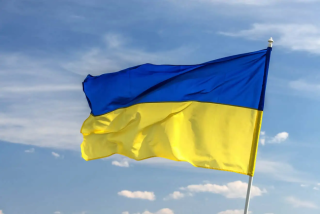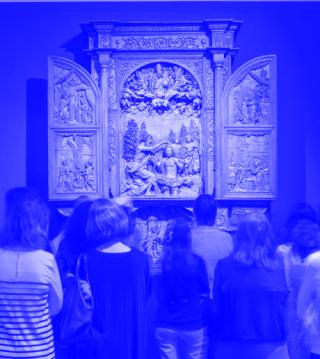The Leibniz Institute for the History and Culture of Eastern Europe (GWZO) is one of the world’s leading research and educational institutions for the study of the history and culture of Central and Eastern Europe. Our wide-ranging, interdisciplinary approach and broad historical scope are distinctive: From antiquity to the present day, we explore the unique features and transformations of this historically and geopolitically significant region. The GWZO’s research focuses on some of the most urgent issues of our time: dynamics of globalisation and migration, knowledge systems and competing historical narratives, environmental challenges and violence.
Researchers at the GWZO conduct foundational research within four permanent departments and a number of rotating junior research groups. While our core expertise lies in Central and Eastern Europe, our work also extends to adjacent regions – from the Balkans and the Caucasus to Northern Europe. The GWZO’s research is marked by a commitment to global perspectives and critical reflection on regional concepts. Across Central and Eastern Europe and beyond, we maintain a dense network of long-standing academic partnerships.
For more than 30 years, we have been presenting our research findings at national and international levels. In addition to academic publications and exhibitions, we develop digital formats to share our research with both specialist audiences and the general public. In so doing, we make history – and the way it is narrated – accessible and relevant, helping to make sense of Central and Eastern Europe in light of both its cultural diversity and the global challenges it faces, past and present.















































